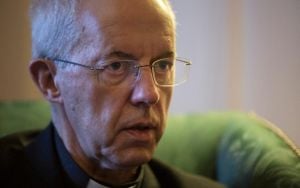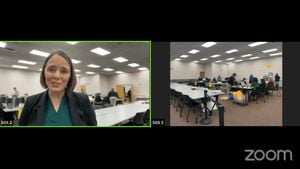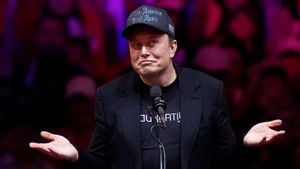Venezuela's political and economic situation has been strained for years, marked by frequent protests, harsh governmental crackdowns, and widespread poverty. Recent events suggest this tumultuous climate is far from over, as both internal dissent and external pressures mount.
One of the most recent developments occurred on November 2, when Turkish businessman Taskin Torlak was arrested in Florida for allegedly conspiring to transport oil from the Venezuelan state oil company, Petróleos de Venezuela (PDVSA), which has faced heavy U.S. sanctions since 2019. This arrest is part of broader enforcement actions against individuals and entities attempting to circumvent these sanctions, particularly those linked to the Maduro regime. Torlak reportedly earned over $32 million through these transactions, reflecting the extent of illicit oil exports needed to sustain the Venezuelan economy.
The U.S. Department of Justice issued a statement claiming, "This defendant allegedly conspired to illegally sell Venezuelan oil, using deceit and trickery to hide the fact." This indicates not only the potential instability for Maduro's administration due to increased scrutiny from the U.S. but also reinforces the reliance on foreign intermediaries for Venezuela's oil exports.
Maduro's government has increasingly relied on intermediaries to sidestep U.S. sanctions imposed on its heavily sanctioned oil industry. The current political scenario following the re-election prospects of Donald Trump, known for his strict stance against Venezuela, suggests potential for even stricter sanctions should he return to the White House, making the already fragile Venezuelan economy even more vulnerable.
Notably, the relationship between Venezuela and Brazil has also been shifting under the recent political climate. On November 11, 2024, Maduro publicly commended Brazilian President Luiz Ignacio Lula da Silva for respecting Venezuelan institutions, signaling a thawing relationship between the two nations rather than the tensions they have faced historically. Lula's calls for non-interference resonate with Maduro, particularly as they both navigate respective challenges: Maduro battling allegations of fraud following his contested election, and Lula dealing with criticisms at home.
This apparent diplomatic improvement could indicate greater regional cooperation and a collective push back against U.S. policies aimed at isolatings states like Venezuela. Historical animosities rooted deeply during election times have led to constant strain, but recent dialogue suggests both nations may prefer stronger ties to address their unique challenges.
Meanwhile, the crackdown on opposition after the July elections highlighted the stark political divisions within Venezuela. Attorney General Tarek William Saab defended the government's actions as necessary to prevent what he termed “premeditated” unrest, claiming they acted to avert civil war, which he suggested was planned to disrupt normalcy. But this perspective contradicts reports from human rights organizations asserting excessive force and political repression following protests against the results of the elections.
According to Human Rights Watch, the post-election unrest resulted in numerous casualties and police actions led to mass arrests. Saab insisted, “If we had not acted as we did at the moment, Venezuela would have been gripped by civil war,” denying any responsibility for deaths during the demonstrations and dismissing the notion of political prisoners among those detained.
The opposition accuses the Maduro regime of deliberately stifling dissent and silencing voices against the government. A staggering number of arrests have been reported, with activists claiming many remain imprisoned unjustly. Notably, Saab’s claims of police accountability seem overshadowed by allegations of corruption within the state’s oil authorities, where many former oil ministers have faced indictments or fled the country amid investigations.
All of this paints a picture of Venezuela grappling simultaneously with massive economic woes and political infighting. The country's economy still heavily depends on oil revenues, and external pressures, particularly from the U.S., continue to complicate matters. Despite some diplomatic light with Brazil, the Maduro government finds itself needing to navigate threats both domestically with opposition groups and externally with global powers.
Looking forward, the interplay between domestic policies, international relations, and resource management will determine Venezuela’s path. The recent sanctions enforcement suggests the need for the regime to innovate ways to circumvent restrictions, indicating more reliance on illicit decentralizing economies such as gold mining, which has often been exploited by criminal groups and intermediaries. This dual pressure from within and without has the potential to destabilize not only Maduro’s government but also the entire region as economic and political landscapes shift under constant scrutiny.
Given these challenging dynamics, the next few months are poised to be pivotal for both Venezuela’s political stability and its economic recovery, as leaders navigate turbulent waters fraught with immense challenges.



